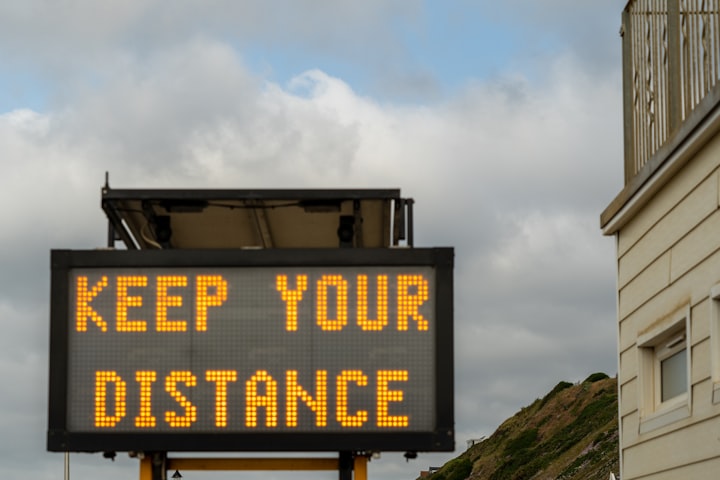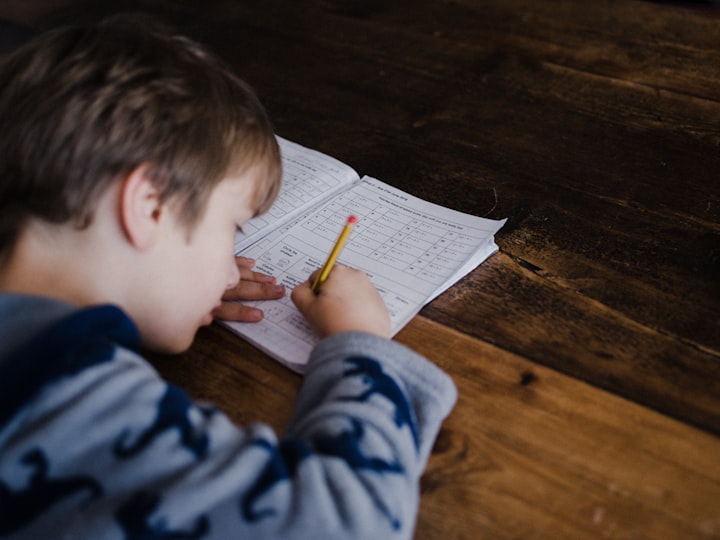Coronavirus Caution, Conflicts, and Considerations
Social etiquette doesn’t have a pandemic playbook.

Four months into the coronavirus (COVID-19) pandemic, one of the most difficult aspects is the lack of clarity about what to do or not do, which leads to increased anxiety or even paralysis. While most places are becoming more open, the numbers seem to be going in the opposite direction. For example, the number of new reported U.S. cases topped 50,000 for the first time on July 2, and places with formerly low numbers are now new hot spots.
With people experiencing vastly different levels of concern about the virus and decisions being increasingly left to individual choice, there are all kinds of new questions about COVID-19 transmission and liability.
This article will focus specifically on personal and social responsibility by addressing some of the questions that may arise as we try to navigate our country’s difficult new social landscape.
Can I Be Sued for Giving Someone Coronavirus?
In short, no. The exact way in which COVID-19 spreads is still contested, and with its incubation period lasting up to 14 days, it’s quite difficult to figure out with certainty when you got it and whether a specific person gave it to you.
While personal injury laws differ from state to state, a personal injury lawyer will tell you that establishing negligence generally requires the plaintiff to establish 4 things:
- The defendant owes him or her a duty
- The duty was breached
- There is a causal connection between the defendant’s conduct and the harm incurred to the plaintiff
- The plaintiff suffered damages
Although all of these factors could theoretically be met during COVID-19 transmission, at this point at least, personal injury lawyers are not likely to take on coronavirus-transmission cases, with the possible exception of transmissions that occur in institutions like nursing homes or workplaces. It is possible that tort law will soon address whether COVID-19 transmission during a flight, private event, or shopping trip constitutes harm incurred.
If you are concerned about being accused of negligence, it’s best to play it safe and follow the CDC guidelines as best you can. Wear a face mask in public, practice physical distancing, and stay home if you are feeling unwell. While some spread is unavoidable, if you are doing your part, you are less likely to risk spreading the disease and more readily able to show what you’re doing to help. For specific legal questions and advice, contact an attorney.
What Should I Do if My Friends Aren’t Social Distancing?
As lockdowns end and decisions are increasingly left up to individuals, many people are experiencing friction in their relationships. There is remarkable disagreement about what should be done in response to the threat of SARS-CoV-2. Each specific disagreement should be dealt with on an individual basis depending on the relationship. But generally, the issue is best addressed with empathetic, open communication.
If you’re the more cautious one, explain what you’re comfortable with doing. If a friend invites you to do something that makes you uncomfortable, propose an alternative plan. You can always meet outside and sit more than 6 feet apart from each other, or you can have a virtual game night from the comfort of your own homes. Remember, if you don’t feel comfortable meeting up in person at this point, you shouldn’t feel guilty. Practicing strict social distancing during the pandemic is empathetic and commendable. But it’s also important to avoid getting angry and to make sure your friend knows you still want to stay connected to them.
If you’re the one who wants to socialize, respect boundaries. Recognize that many people are anxious about the virus, and they likely have valid reasons for their level of concern (such as living with someone in a high-risk group, being immunocompromised, or simply not wanting to play a role in spreading the disease). Don’t take it personally if someone turns down invitations or adjusts plans. After all, with their conscientious caution, they are also protecting you and those you’re in contact with.
What if My Roommates and I Disagree About Precautions?
This situation is more difficult to deal with than disagreement in a casual friendship, because you live in the same space. If one person gets infected with the virus, chances are high that others in the house will too. While conflict may be unavoidable, it’s best to have a conversation about what everyone is comfortable with and try to come to an agreement. If your household errs on the side of caution and on accommodating the most careful person, you will likely have less conflict and may avoid the stress of a situation in which someone gets exposed and everyone has to self-quarantine. The main exception to this general rule of caution is if someone’s job requires a higher level of potential exposure. In that case, you may have to compromise or find a creative alternative solution.
Keep in mind that this will have to be an ongoing conversation, as we learn more about the virus and infection rates continue to ebb and flow. Try to be considerate of your roommates’ concerns and recognize that because you’re sharing the same social bubble, you are responsible for keeping each other safe.
What Can I Do to Slow the Spread?
We’ve learned a lot about COVID-19 already, so it’s wise to keep up to date on CDC guidelines and avoid overloading yourself with information from the news and social media. While more businesses have reopened, most of the general guidelines and best practices haven’t changed much. It’s important to do your part in slowing the spread, lest the virus get so out of control it necessitates a second shutdown.
Keep in mind that the safest thing to do is stay home as much as possible and practice full social distancing. Since staying home for months on end is unsustainable and going out sometimes is inevitable, here are some of the most important things you can do to manage risk and slow the spread:
- Stay home if you are experiencing COVID-19 symptoms, waiting for test results, or have been in close contact with someone who is sick. No one will fault you for changing or canceling plans!
- While not obsessing over the news, keep tabs on test positivity statistics for your area. The higher the rate of positive coronavrius tests, the greater the likelihood you will encounter the virus while out and about, meaning that any activity is automatically riskier.
- Think of exposure like a budget: the risk is cumulative, so if you choose to do something high-risk, you might blow your whole budget and then need to mostly stay home for a couple weeks. The more and longer that people interact, the more likely transmission will occur.
- If you know you have been exposed or have symptoms, inform everyone you've been in close contact with during the 14 days prior to the known exposure/start of symptoms.
- Wear a cloth face covering when indoors or less than 6 feet away from people not in your household.
- If you’re participating in any discretionary personal or social activities, try to maintain physical distance and keep things outdoors as much as possible.
- Carry alcohol-based hand sanitizer with you so you can clean your hands regularly, even when soap and water are not available.
- Check in on loved ones and find creative ways to connect from a safe distance.
- Weigh the risks against the potential benefits of an activity. Sometimes protecting your mental health warrants a bit more risk-taking. But be sure to choose wisely and ask yourself to what extent the activity is essential.
About the Creator
Natalie Rosen
A writer for safer-america.com, Natalie writes about business, law, and consumer safety issues. In her free time, she journals, composes poems, and goes through more Pilot G-2 07 black pens than could be considered reasonable.






Comments
There are no comments for this story
Be the first to respond and start the conversation.